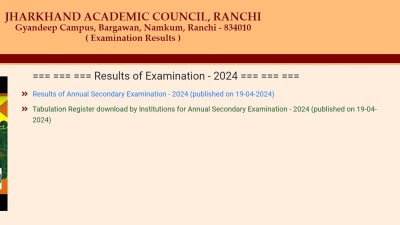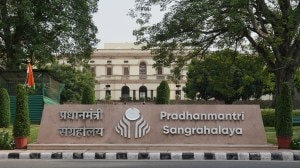- India
- International
Other contagions
Under threat of coronavirus, diseases of racism and intolerance, each as old as cholera, resurface. They must not spread.
 Now, apprehensions are gaining ground that amid a crisis that underlines inter-dependence, some people, led by a toxic mix of anxiety and prejudice, could be turning on each other.
Now, apprehensions are gaining ground that amid a crisis that underlines inter-dependence, some people, led by a toxic mix of anxiety and prejudice, could be turning on each other.
As India inches towards a possibly more intense phase of the coronavirus pandemic, a related and sadly predictable phase of a disease of another sort may be kicking in — there have been reports that people from the Northeast are being scapegoated, and professionals at the frontline of the battle are being discriminated against, or are being given empty accolades instead of material help. How disturbingly easy it can be to define people from the Northeast as the Other was demonstrated in 2012, when a whisper campaign threatening violence against them spooked migrant workers from the region into an exodus from the cities. It succeeded in causing a crisis of confidence that stretched across half the nation. Now, apprehensions are gaining ground that amid a crisis that underlines inter-dependence, some people, led by a toxic mix of anxiety and prejudice, could be turning on each other.
The trigger may be new but the faultlines, and the intolerance that they frame, are old. The popularity of whitening creams exposes the racism that underpins large sections of society, for instance, and in several cities, perceptions of purity have always decided who gets to rent property, and who is disbarred. Now, some Air India staffers have been urged to vacate their homes because they crewed flights of mercy to evacuate Indians from hot zones. They put their lives on the line for the sake of fellow citizens, flying into the heart of a poorly understood danger. Yet while they are applauded as heroes in the public domain, their neighbours are striving to maintain the most extreme social distances from them. Some doctors working against the coronavirus have also suffered a similar fate — even as they continue to work gruelling hours with insufficient facilities, unable to screen populations to the required extent, and thanked ritually by a public display of gratitude on Sunday.
Dealing with pandemics does not only consist of isolating and treating the sick. That is the job of specialists. The pain of social disruption often surpasses the effect of the disease itself, as families lose loved ones, breadwinners lose livelihoods, structural relations collapse and general insecurity sets in. These scars can only be healed by a society that holds together, instead of seeking scapegoats to vent its anxieties on.
EXPRESS OPINION
More Explained
Apr 19: Latest News
- 01
- 02
- 03
- 04
- 05
































